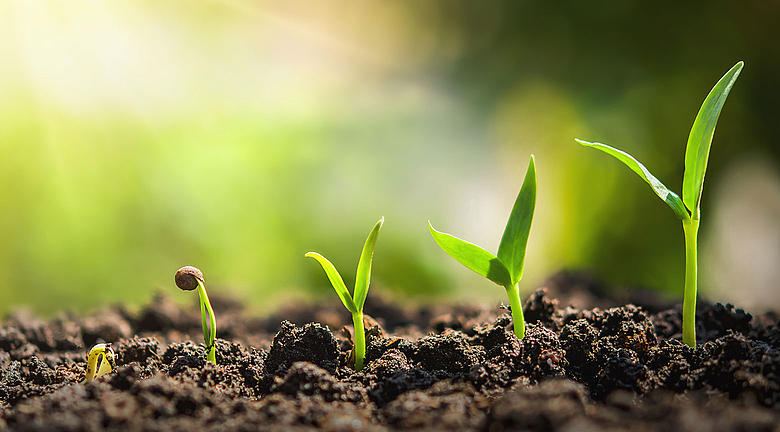Fertilizer facts

Fertilizers:
Every plant needs its own fertilizer in order to grow in a healthy way. In a huge market of fertilizers, one does not know which one to use. There are a lot of fertilizers and each one has its own benefits to the soil and the plants in this soil. For example, some plants need fertilizers that contain nitrogen as this is the naturally-occurring element that makes up a large part of the air we breathe. But the nitrogen in the air isn’t enough to feed our plants, so we rely on organic matter and garden products to provide enough of this nutrient from the roots up. Nitrogen is responsible for the growth of leaves on a plant. In fact, you may be able to diagnose a nitrogen deficiency with yellowing leaves and skinny stalks. Nitrogen also helps plants create chlorophyll, a green pigment in plants that allows for the absorption of sunlight into photosynthesis. Green plants and vegetables typically have higher nitrogen requirements.
Urea:
Urea is the most important nitrogenous fertilizer in the market, it is a white crystalline solid containing 46 percent nitrogen as an animal feed additive and fertilizer. Urea is used in many ways to provide Nitrogen nutrition for plant growth. It is most commonly mixed with soil or applied to the soil surface. Due to the high solubility, it may be dissolved in water and applied to soil as a fluid, added with irrigation water, or sprayed onto plant foliage.
Urea fertilizer is a stable, organic fertilizer that can improve the quality of your soil, provide nitrogen to your plants, and increase the yield of your crops.
The main function of Urea fertilizer is to provide the plants with
nitrogen to promote green leafy growth and make the plants look lush. Urea also
aids the photosynthesis process of plants. Since urea fertilizer can provide
only nitrogen and not phosphorus or potassium, it's primarily used for bloom
growth.

